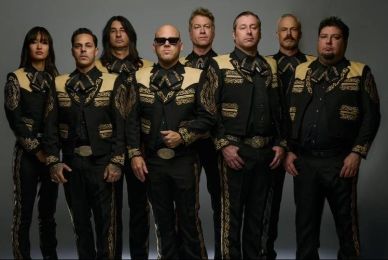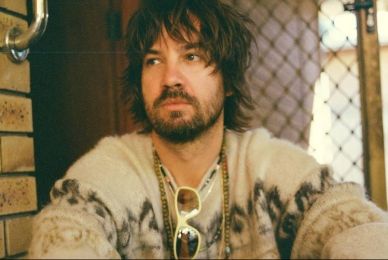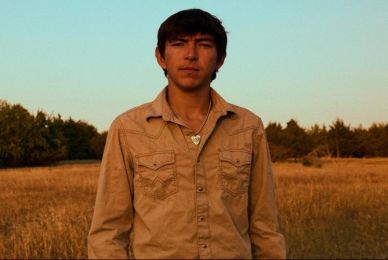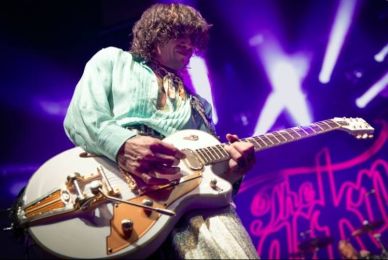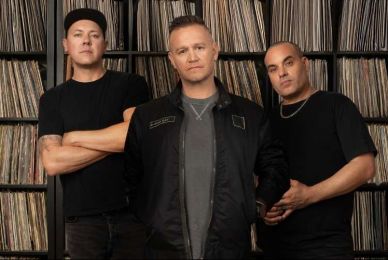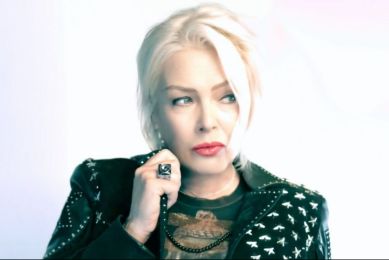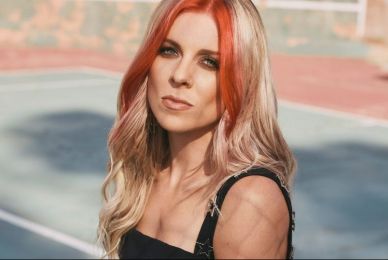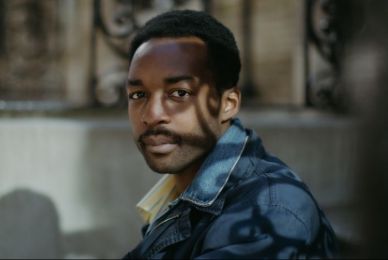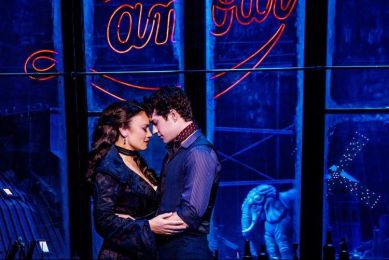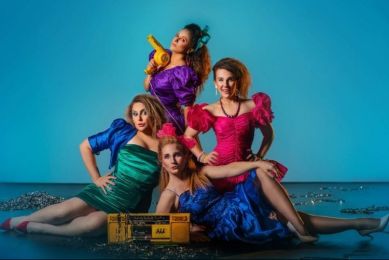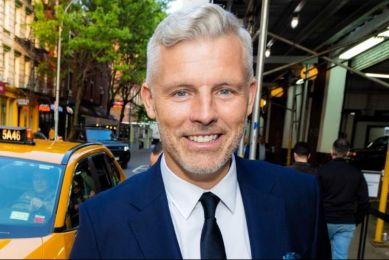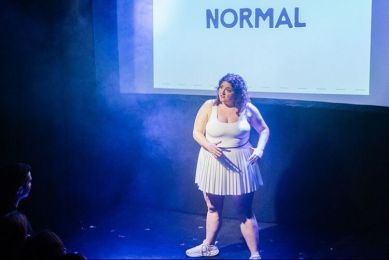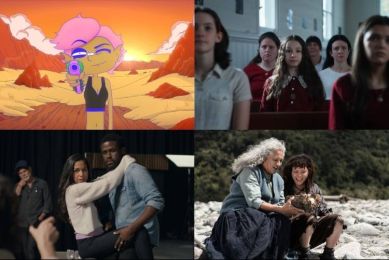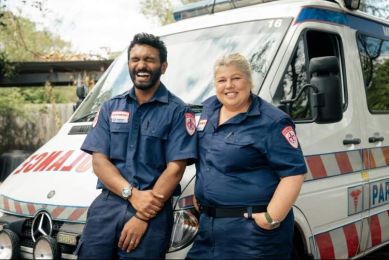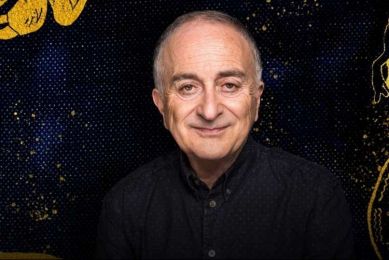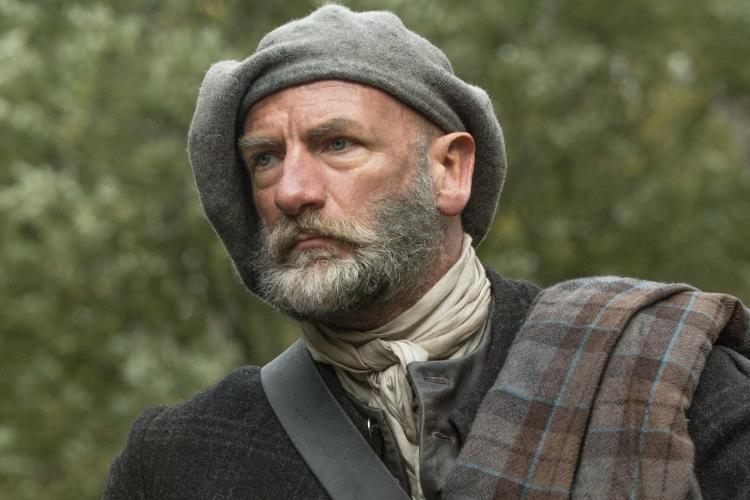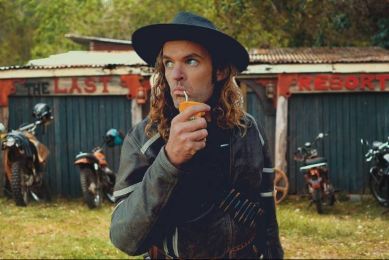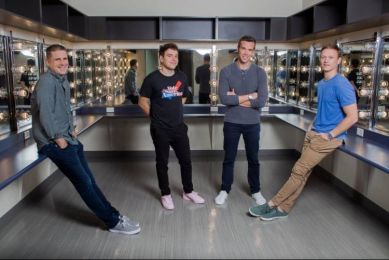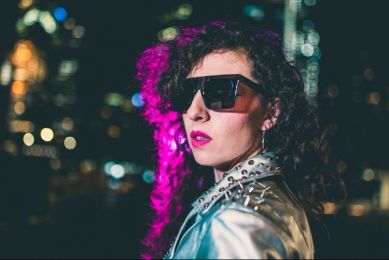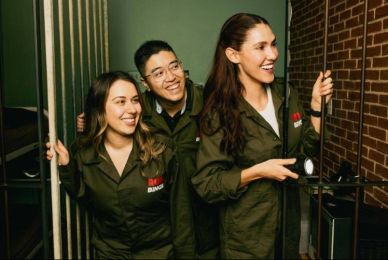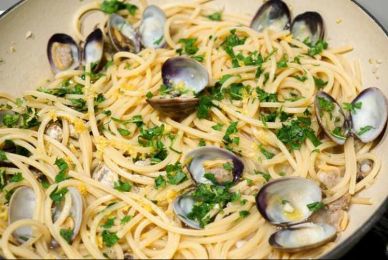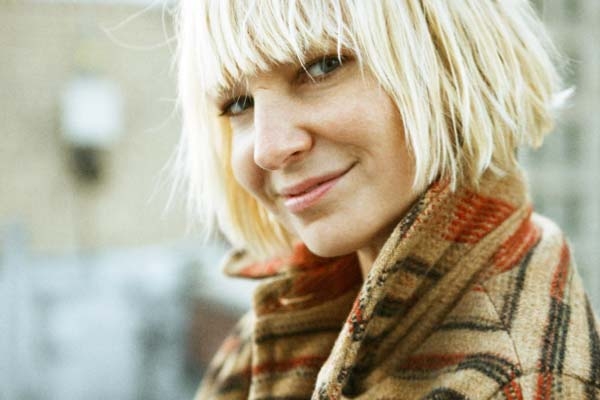Twitter: a place for people to voice their opinions on just about anything, and celebrities in particular are encouraged to express themselves in 140 characters or less. But is everybody cut out for the responsibility of influencing so many followers?
Pop singer Sia Furler used her twitter notoriety to get revenge on a bad dry cleaner today.
The celebrity tweeted this morning asking fans how to get revenge on a dry cleaner in New York who had ruined some of her “favourite things” and would not take responsibility. After receiving several suggestions from fans, she then tweeted the link to the dry cleaner's YELP page and asked her 465,000 followers to send “ridiculously terrible” reviews.
As you can imagine, the page received many strange reviews from devoted fans and people just looking for a laugh. Comments ranged from absurd accusations towards the dry cleaner, to telling Sia to do her own dirty work. Almost all of the reviews were from people who do not live in, or even near, New York. Most of the original reviews were deleted at the owner's request, but more and more keep popping up.
 Whether or not the stunt was intended to seek attention or just revenge, the singer gained an extra 1,000 followers today. Not long after her initial tweet, she posted a final “Moving on. Thanks guys!” and did just that.
Whether or not the stunt was intended to seek attention or just revenge, the singer gained an extra 1,000 followers today. Not long after her initial tweet, she posted a final “Moving on. Thanks guys!” and did just that.But it begs the question: when did Twitter become an outlet for celebrities (or anyone) to abuse their power? And if it can be used to inspire online harassment between complete strangers, what else could it be used for? It's hard not to wonder how far fans are willing to go for the people they idolise.
 'With great power comes great responsibility' and although many celebrities manage to use their influence positively, maybe others are given more power than they are responsible enough to handle.
'With great power comes great responsibility' and although many celebrities manage to use their influence positively, maybe others are given more power than they are responsible enough to handle.Perhaps Sia's social media accounts would be handled more appropriately by someone in PR.

